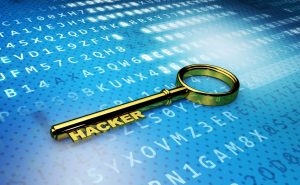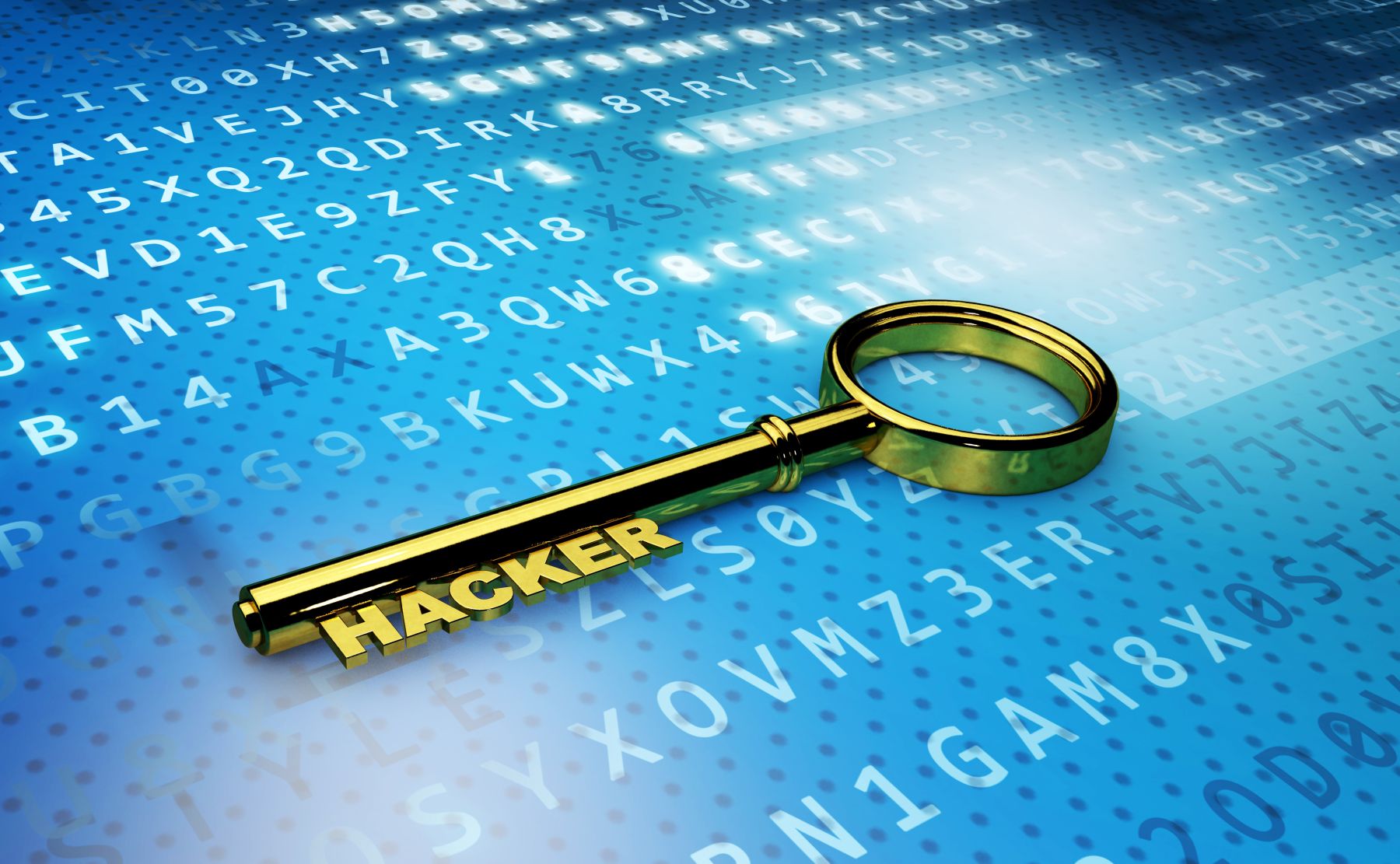
IT Security Schlüssel Key vor Crypto-Hintergrund – Gold Hacker by Christoph Scholz is licensed under CC BY-SA 2.0
There have been so many examples of personal email, cloud and other computer systems being hacked recently. Hopefully it has become clear to everyone that passwords alone are no longer sufficient protection for your private information. Adding an additional level of protection helps give you greater security and greater peace of mind.
Most hacking attacks use weak or stolen passwords. Often these passwords are passwords people have reused from other sites or are stolen from them in phishing attacks. Hackers also perform “brute-force” attacks where they test your account against thousands of known passwords, hoping to guess your password in the process. In all these circumstances, needing to know more than just a password to gain access to your information can make all the difference to your security. Multi-factor authentication provides this extra layer.
Multi-factor Authentication (MFA) is an additional logon security measure. It means that you use two or more methods of identifying yourself. The first method is usually a password or phrase only you know and the second is some other item quite specific to you, for example a text that comes to your phone, a fingerprint or an item physically unique to you like an employee card or token. In security, it is better to use both “something you know and something you have”. That makes it much harder to impersonate you.
With GDPR in effect since May 2018 small businesses also have increased responsibility to protect customer information. MFA can assist with this as it provides a vital additional barrier preventing access to your employee credentials and thus to your critical business data. If your employees are accessing the organisation from remote locations, we would strongly encourage you to have this type of security measure in place.
Multi-factor Authentication is the bolt onto your lock and key protection helping protect your employees accounts and your organisation’s data security.

